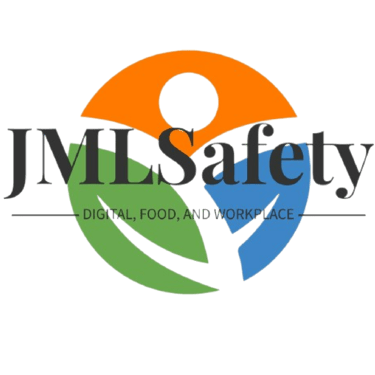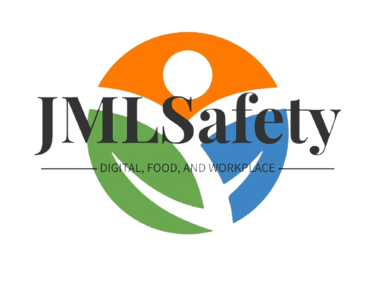Phishing Awareness in Agriculture
Phishing is a scam where someone pretends to be a trusted person or business to trick you into clicking a bad link, opening an unsafe file, or sending money and personal information. These scams often arrive by email or text message. In agriculture, phishing is becoming more common because farms and ag businesses now use online accounts, electronic payments, and even internet-connected equipment. If someone falls for a phishing scam, the impact can be serious — stolen money, locked-up records, or even disrupted farm operations.


Why Farms Are at Risk
Busy Seasons: During harvest or planting, people move fast and may not take time to double-check emails.
Invoices and Bills: Farms receive many invoices for supplies, labor, and equipment. Scammers send fake invoices hoping someone will pay quickly without questioning it.
Trusted Names: Attackers often pretend to be a supplier, co-op, or even another employee.
Technology in the Field: Equipment like irrigation systems, GPS, or sensors may be connected online. A single bad click can open the door for hackers.
What to Watch For
Phishing messages often:
Ask for payment to a “new” or “urgent” bank account.
Say your account will be shut down unless you act right away.
Use email addresses or names that look almost right, but are slightly off.
Contain links or attachments that install harmful software.
Example: A vineyard owner gets an email that looks like it’s from their fertilizer supplier. It asks for payment to a “new account” before delivery. It looks real but is actually a scam designed to steal money.
How to Protect Your Operation
Pause and Verify: Slow down and check before acting on unusual requests.
Call Direct: If a supplier emails you with new banking details, call the number you already have on file to confirm.
Check Links: Hover your mouse over links before clicking. If the web address looks strange, do not open it.
Train Your Team: Everyone should know what phishing is and how to report it.
Keep Good Backups: Regularly back up important farm and business records so they can be restored if data is stolen or locked.
✅ Quick Checklist: Spotting Phishing Emails
Check the Sender
Does the email address look right, or is it slightly misspelled?
Example: “suppIier@email.com” (with an uppercase i instead of an l).
Look for Urgency
“Pay this invoice today” or “Your account will be locked” are red flags.
Inspect Links Before Clicking
Hover over the link. Does the web address match the company’s real website?
Watch for Attachments
Unexpected invoices, spreadsheets, or ZIP files can contain harmful software.
Verify Before You Act
Call your vendor or coworker using the phone number you already know — never the number listed in the suspicious email.
Final Note
Phishing is not just a “big company problem.” Farms, vineyards, and ag businesses are being targeted every day. Identifying phishing attempts is as important as wearing PPE or following equipment safety rules.
If you need help training your team on phishing awareness or building a plan to protect your farm from cyber risks, JML Safety can provide resources and support.


